The Pelosi visit that wasn't: How should China respond to provocations from US politicians?
A trip to Taiwan by US House Speaker Nancy Pelosi was postponed as she tested positive for Covid-19. Nonetheless, Beijing made the expected protests and the issue is still not over as the visit might be revived in the future. Zaobao correspondent Yu Zeyuan analyses US motives for the proposed visit and how China should appropriately respond to US politicians stirring the pot.
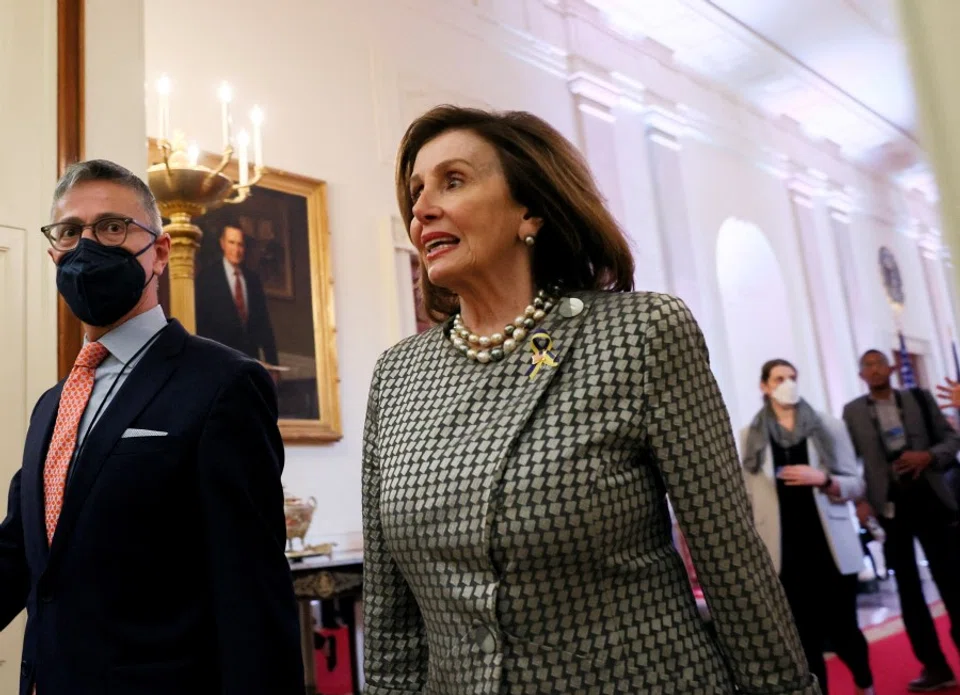
US House Speaker Nancy Pelosi was scheduled to visit Taiwan on 10 April, but postponed the trip after testing positive for Covid-19, averting a possible storm in the Taiwan Strait.
Some analysts think that Pelosi getting infected before visiting Taiwan is a "political tactic", because the US knows that the prospect of a visit would elicit a strong reaction from China. In their view, the US intentionally released the news of Pelosi's visit to test China's response, and on seeing China's strong reaction, announced that she was infected and postponed the trip to Taiwan.
This smacks of a conspiracy theory, which is hard to prove or disprove. The news of Pelosi's visit to Taiwan was indeed sudden, and China's reaction was strong. Chinese foreign ministry spokesperson Zhao Lijian said that if the visit happens, "China will take firm and strong measures to resolutely safeguard its sovereignty and territorial integrity. All possible consequences that arise from this will completely be borne by the US side." Ma Xiaoguang, a spokesperson for the State Council Taiwan Affairs Office, also warned officials of Taiwan's Democratic Progressive Party (DPP) to immediately cease any independence attempts that bank on external forces, and that all its crimes will have consequences.
If Pelosi had arrived in Taiwan as scheduled and mainland China really took unprecedented military action as Hu suggested, the situation in the Taiwan Strait would have seen its biggest shift in decades...
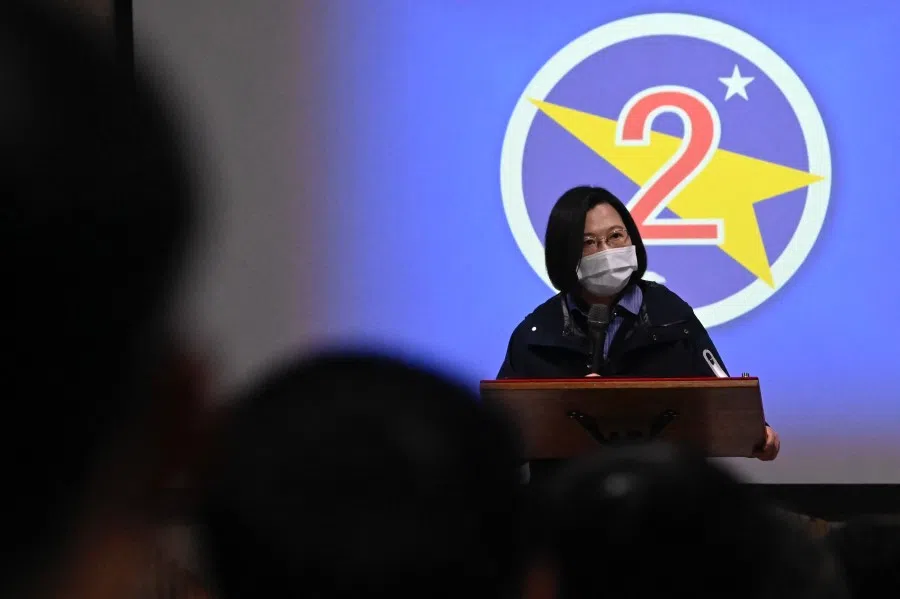
Military options and scare tactics
Former Global Times editor-in-chief Hu Xijin elevated Pelosi's visit to the level of a military conflict. He proposed two options. First, announcing that the airspace over Taiwan is closed on 10 April and a flight ban imposed, with the PLA deploying a large number of warplanes to fly around the island to ensure that the ban is implemented; two, PLA warplanes could fly over Taiwan on the day of Pelosi's visit, and if Taiwan's forces open fire, the PLA should shoot down Taiwan's aircraft or carry out a destructive strike on Taiwan's military bases from which the missiles are launched.
If Pelosi had arrived in Taiwan as scheduled and mainland China really took unprecedented military action as Hu suggested, the situation in the Taiwan Strait would have seen its biggest shift in decades, and real military conflict might have been a possibility. Cross-strait relations, China-US relations, and relations between China and US allies might have shifted. Following the Russia-Ukraine war, the international community would have witnessed a larger and deeper crisis.
At this key moment, Pelosi has caught the virus, while Taiwanese leader Tsai Ing-wen is also self-isolating until 14 April after a relative turned out to be Covid-positive. This put a dramatic end to the possible storm sparked by Pelosi's visit, and all parties can breathe easy for now.
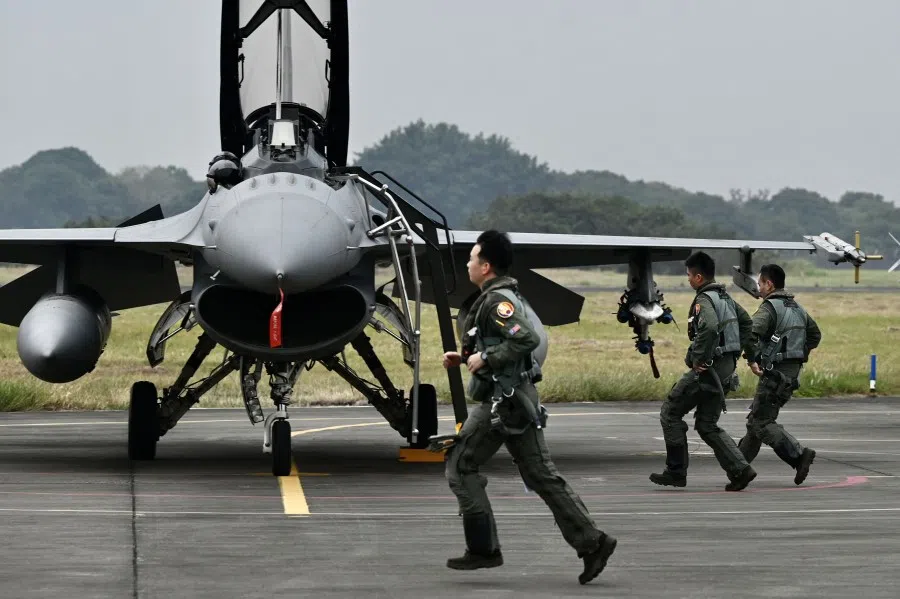
But the crisis is not yet resolved. Pelosi has only postponed and not cancelled her trip - whether the delayed visit to Taiwan is a political tactic or not, she is having real thoughts of visiting Taiwan as US House Speaker, and this may happen at any time.
Since the Russia-Ukraine war began, Taiwan has been compared to an "international orphan"... it is believed that bringing US-Taiwan relations closer would win greater support from US voters.
US politics is based on elections, and votes are politicians' biggest consideration. Pelosi's proposed visit to Taiwan was meant to show US support for Taiwan, and to prepare for the US's midterm elections later in the year. Right now, it looks like even as the Russia-Ukraine war is uniting the US and its Western allies as never before, within the US, the prospects of Biden and Pelosi's Democratic Party has not improved in terms of votes.
Provocations from US politicians to win election votes?
One reason for this is that the Republicans accuse the Biden administration of being too soft on China, and this narrative is going down well in the US. And one effective way US politicians have used to show toughness on China is to strengthen US-Taiwan relations. Since the Russia-Ukraine war began, Taiwan has been compared to an "international orphan" that might be attacked by mainland China at any time, and it is believed that bringing US-Taiwan relations closer would win greater support from US voters. This is the domestic context behind Pelosi suddenly wanting to visit Taiwan.
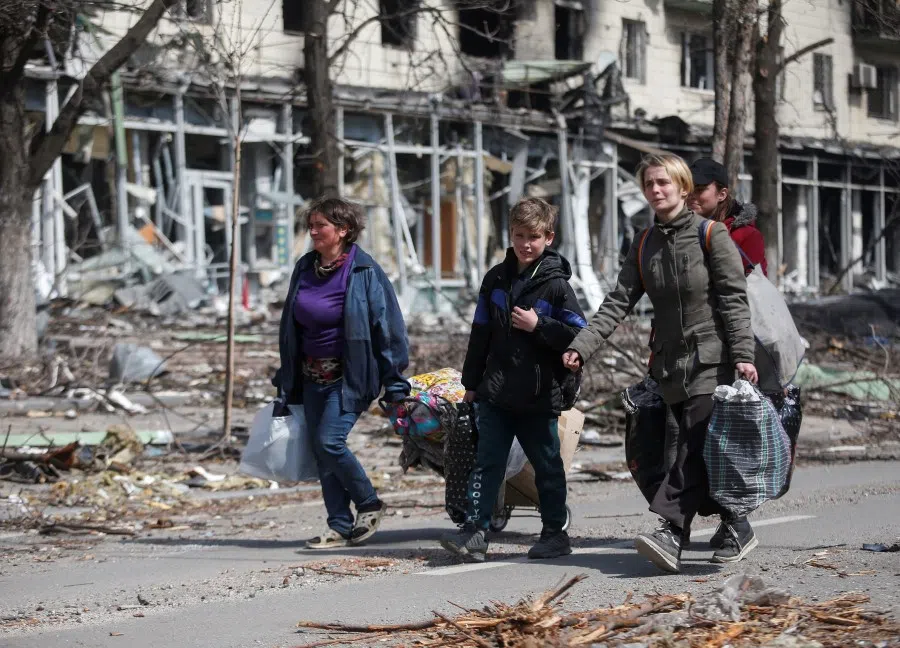
On an international level, Russia has been sanctioned and isolated for starting the war, and the deadlock there is putting Russia in a passive position. As Russia's strategic partner, externally China is facing all sorts of pressure from the US and its allies, while domestically it is also in a mess at the moment because of the latest virus outbreak. Pelosi's announced trip to Taiwan at this time is in fact a new "pressure test" for China.
... when it comes to pressuring and angering China, many US politicians are not afraid to blow things up because by and large they do not have to take responsibility on behalf of the US government.
While the trip has been postponed due to a "coincidence", it will not be easily cancelled for good. China's challenge is how it should respond to this pressure.
Hu's suggestion of having PLA planes flying over Taiwan seems tough and satisfying, but it is worth thinking about whether the consequences will be in China's favour. The fact is, it is too simplistic to think that increasing military pressure would "deter" or "frighten away" US politicians, and it might not work.
Of course, Pelosi knows that visiting Taiwan would anger mainland China, but she might just want to get the latter to overreact and blow the matter up to improve her and her party's election chances. The past few years have shown that when it comes to pressuring and angering China, many US politicians are not afraid to blow things up because by and large they do not have to take responsibility on behalf of the US government.
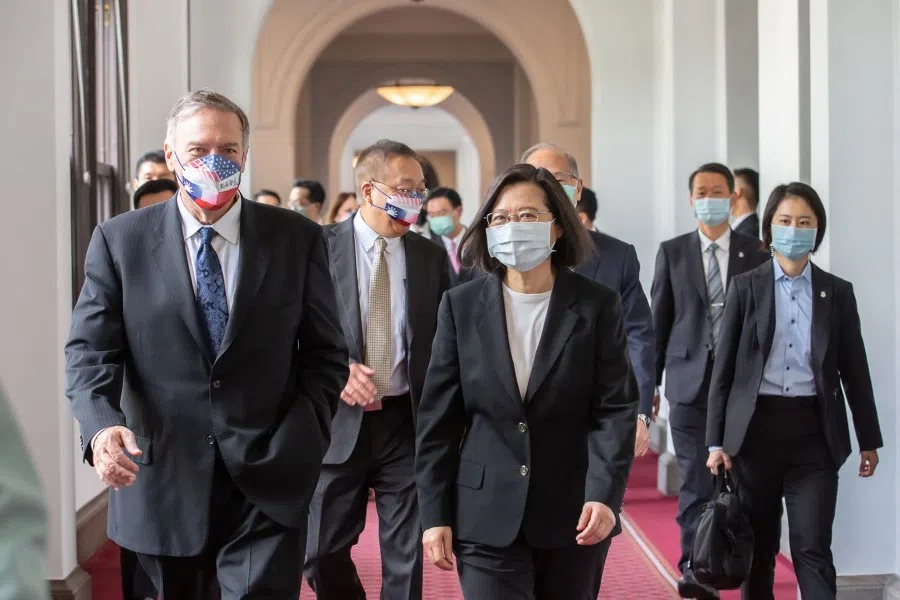
For China, Pelosi visiting Taiwan is a serious matter that merits a strong response and countermeasures. But on the other hand, it is not unprecedented for a US House Speaker to visit Taiwan. Newt Gingrich did it in 1997, and mainland China did not completely fall out with the US over it; then US President Bill Clinton even visited China in June of the following year. In retrospect, China's response back then was clearly appropriate.
Some views have it that China is still at the stage where its strength is still growing and there are many challenges in its domestic governance as well as diplomacy. The international community is focused on the Russia-Ukraine war, and China should take the opportunity to focus on its own development. In the face of this provocation of Pelosi visiting Taiwan, even as China fights back, it does not need to regard a member of the US Congress as a diplomatic representative of the US. Instead, it should save its ammunition for emphasising its bottom lines on Taiwan to the US government.
We should see that it has become the norm for the US to play the "Taiwan card" to aggravate and pressure mainland China, which also has many cards that it can play on the Taiwan issue. There are actually many considerations and uncertainties on both sides. In recent years, the Chinese leadership has emphasised "strategic focus" (战略定力), in anticipation that its domestic governance and diplomacy might face various sudden incidents. And when a sudden incident occurs, like Pelosi visiting Taiwan, what cards China plays, how it plays them and to what extent, is a test of the wisdom and resolve of its leadership.



![[Big read] When the Arctic opens, what happens to Singapore?](https://cassette.sphdigital.com.sg/image/thinkchina/da65edebca34645c711c55e83e9877109b3c53847ebb1305573974651df1d13a)
![[Video] George Yeo: America’s deep pain — and why China won’t colonise](https://cassette.sphdigital.com.sg/image/thinkchina/15083e45d96c12390bdea6af2daf19fd9fcd875aa44a0f92796f34e3dad561cc)
